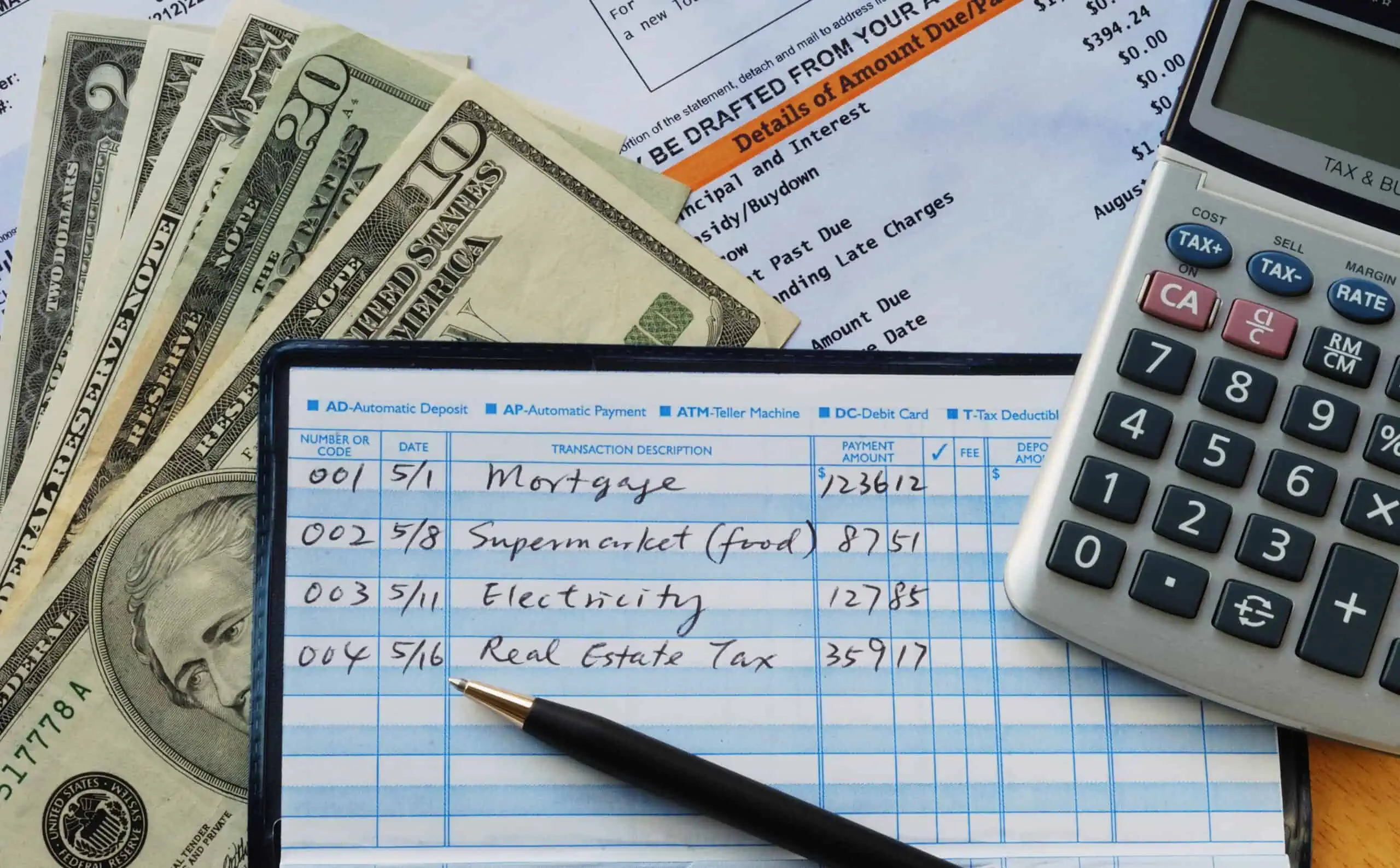What Is Mortgage Escrow & How Does It Work?
This post may have affiliate links. Please read the Disclosure Policy for complete details.
I’ve told you about the costs of buying a home.
We’ve also covered the types of credit, including mortgages.
Now it’s time to talk about mortgage escrow.
Yes, there’s potentially more to your mortgage payment than the principal and interest.
In fact, the escrow components can be pretty expensive.
But what are they and where do they come from?
Do all home loans come with mortgage escrow?
Strap in, because we’re about to get into all of that right now!
What is Mortgage Escrow?

An escrow account acts as a secure temporary holding spot for funds involved in a transaction.
It’s a neutral third-party account managed by a trusted entity, often a bank until specific conditions are met.
In the case of a mortgage escrow account specifically, it’s a special savings account connected to your mortgage used to ensure timely payments for certain property-related expenses.
What kind of expenses?
Things like:
- Real estate taxes
- Homeowner’s Insurance
- Private Mortgage Insurance
The mortgage escrow account is a way for the lender to ensure that the money needed to cover all these expenses is in hand.
It protects the bank’s interest but also makes it easier for you since you only have to account for one payment in your monthly budget instead of all of the individual expenses.
How Does Mortgage Escrow Work?
If you are required to have a mortgage escrow account attached to your loan, part of your total mortgage payment funds it each month.
The money you put into the account is then disbursed to the appropriate recipients when the time comes.
Think of it as a money manager for your home-related expenses.
For instance, if you have PMI as part of your escrow it typically gets paid monthly.
Depending on where you live, the amount you escrow for property tax will accrue in the account until the quarterly.semi-annual/annual payment is due.
Each expense has it’s own timeline for payment.
At the end of the year (or the beginning of the next year) the lender will perform an escrow analysis.
This analysis determines if the current amount you pay into your mortgage escrow account is enough to cover the following year’s anticipated expenses.
If it’s determined that you had an escrow surplus, you can get a refund or potentially carry that balance forward to reduce future escrow payments.
If you have a shortage, you can pay the difference in a lump-sum, or have the escrow portion of your mortgage payment increase to account for the shortage.
When Is Mortgage Escrow Required?

Not all home loans are required to have mortgage escrow attached to them.
Some types of mortgages require escrow accounts no matter what.
For instance, government-backed loans such as Federal Housing Administration (FHA), Veterans Affairs (VA), and US Department of Agriculture (USDA) mortgage loans require mortgage escrow on all accounts.
Conventional mortgage loans do not require a mortgage escrow account in general, but if your down payment is less than 20% of the purchase price you will likely be required to have a mortgage escrow account.
Can You Get Mortgage Escrow Waived?
It may be possible to get an escrow waiver with a conventional mortgage loan.
You would have to contact your loan servicer to get the ball rolling.
There is a possibility that you might have to incur some additional costs such as:
- An updated appraisal to show what the current LTV ratio is if you need to meet that threshold
- Paying a waiver fee
- Incurring closing costs if you refinance the mortgage
If you have one of the government-backed loans mentioned above, you cannot get the escrow requirement waived under any circumstances.
In those cases, you would have to refinance into a conventional mortgage to possibly avoid the mortgage escrow account requirement.
Wrapping Up
If you didn’t before, hopefully, you understand mortgage escrow accounts better now.
At first, it can be a bit overwhelming.
Once you have it all broken down for you, it seems a lot simpler, doesn’t it?
Trust me, I know–when I first got my mortgage I hated the idea of having a higher mortgage payment due to having my property taxes escrowed.
After a while, I changed my viewpoint and realized that it’s a lot easier to pay a little more each month than having to come out of pocket for the entire amount at once!
Your Turn
If your lender forces you to have mortgage escrow how do you feel? Do you view it as a pain to spend the extra each month? Do you like having everything paid in smaller chunks and someone else paying the bills later on?

